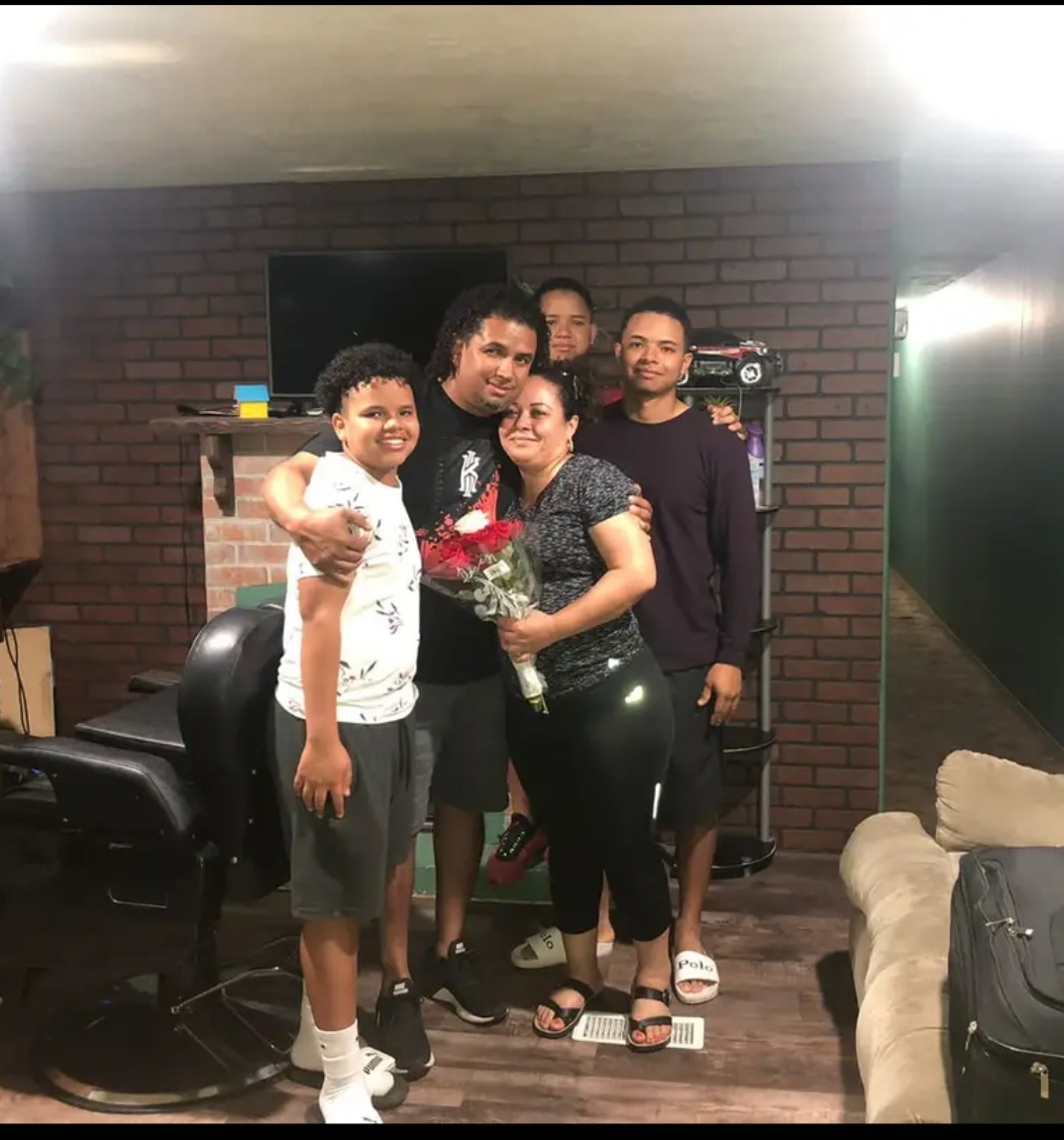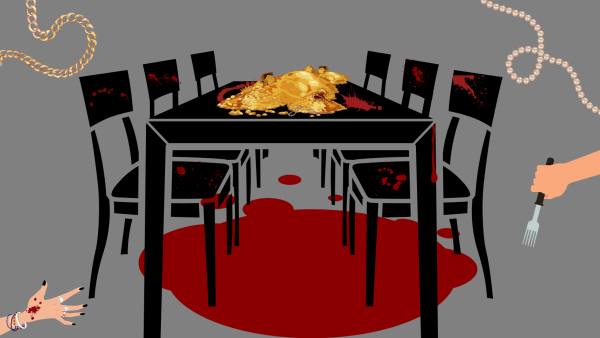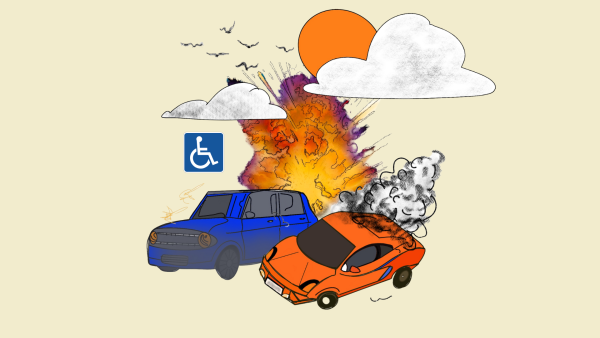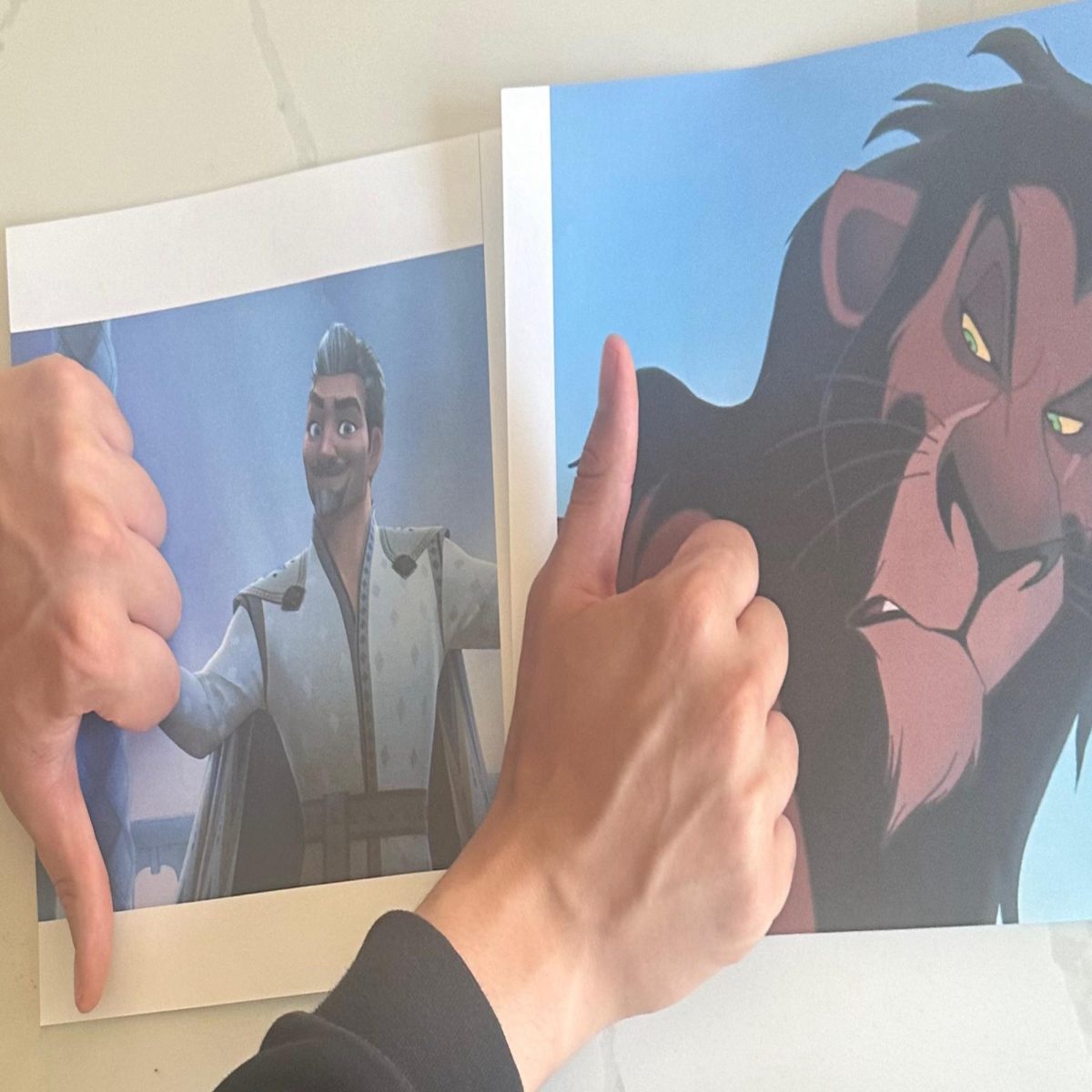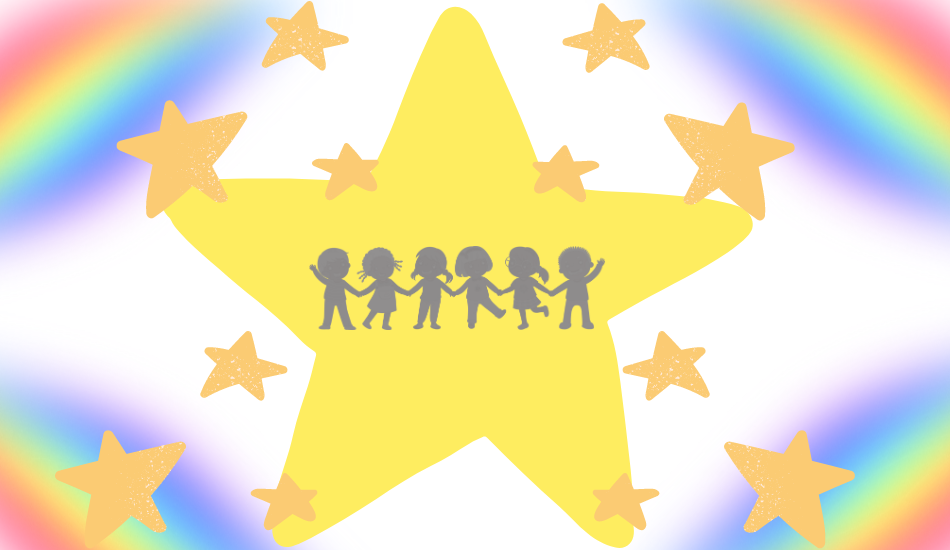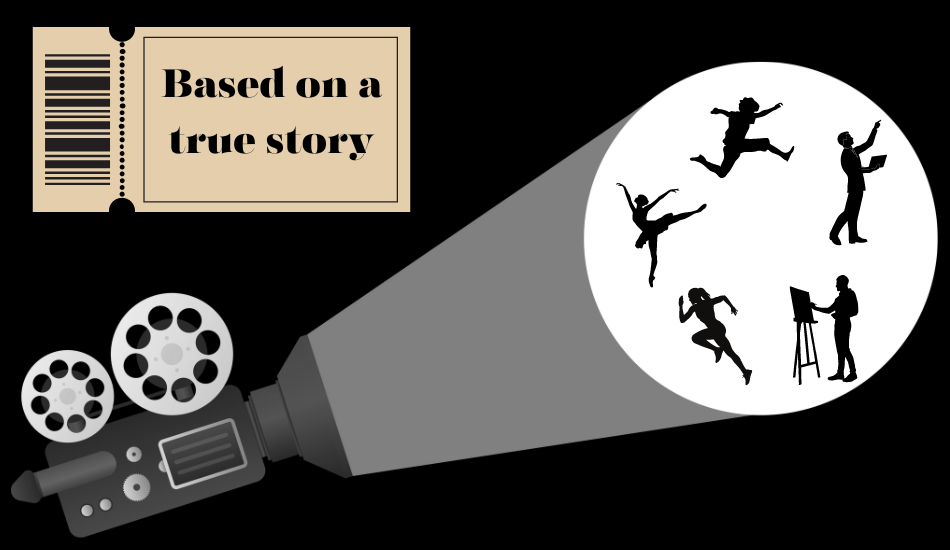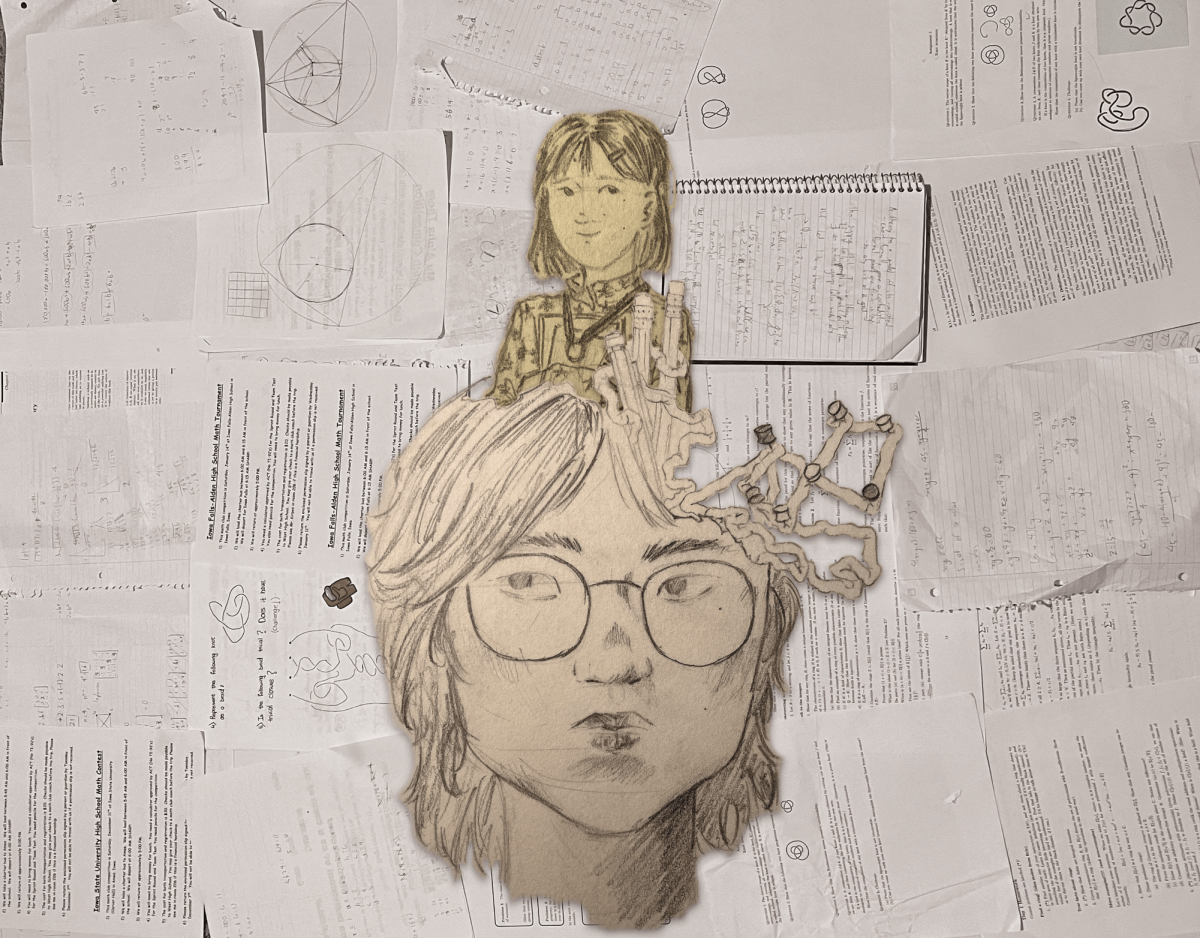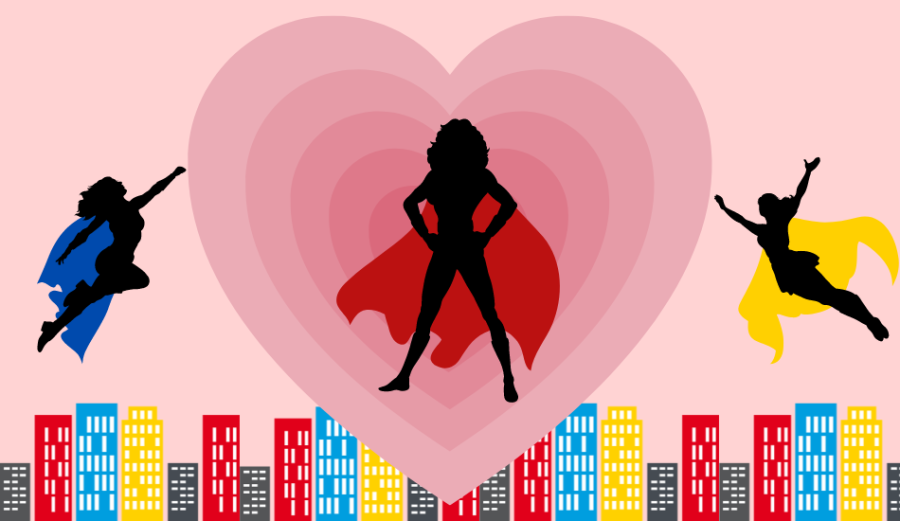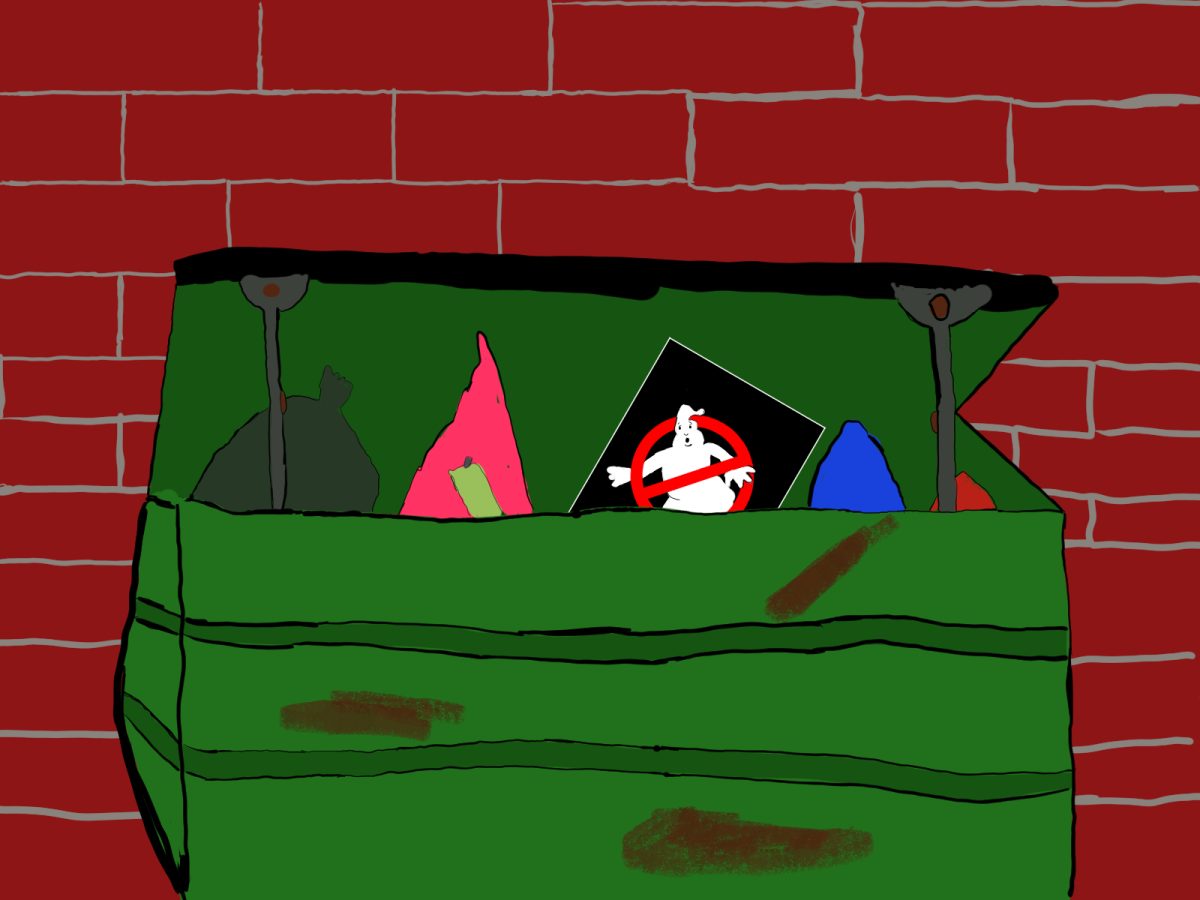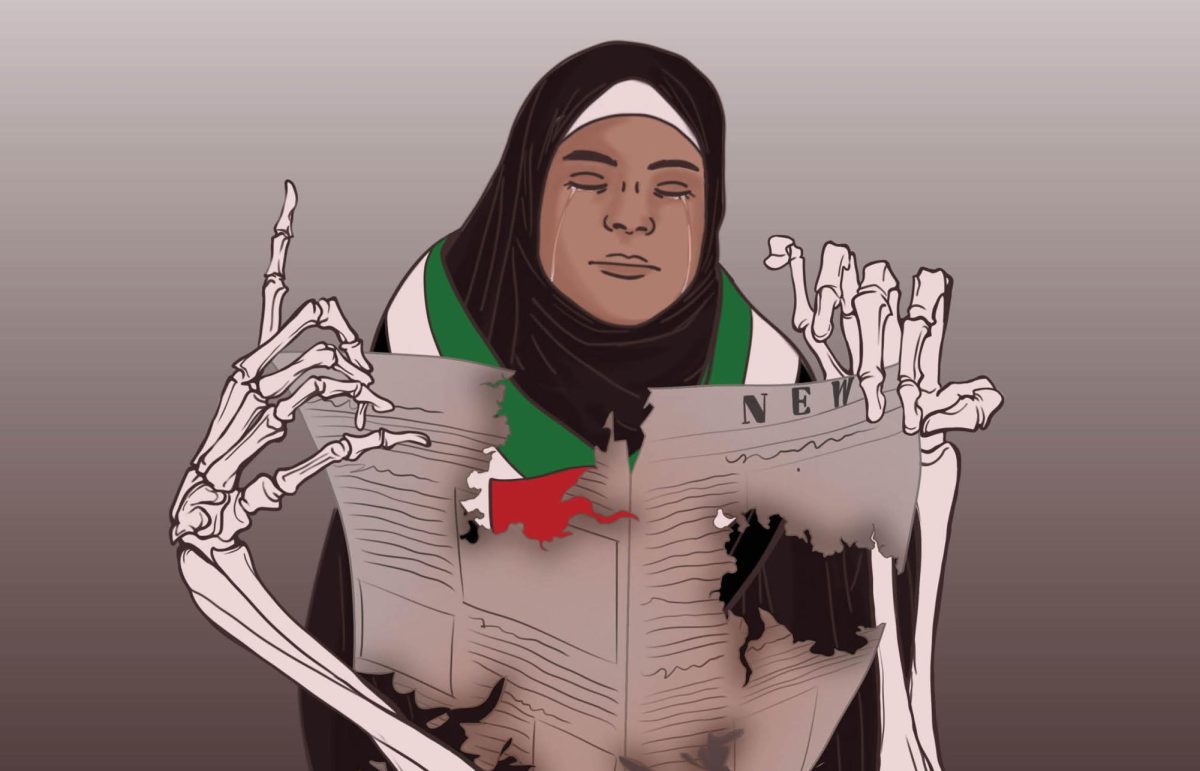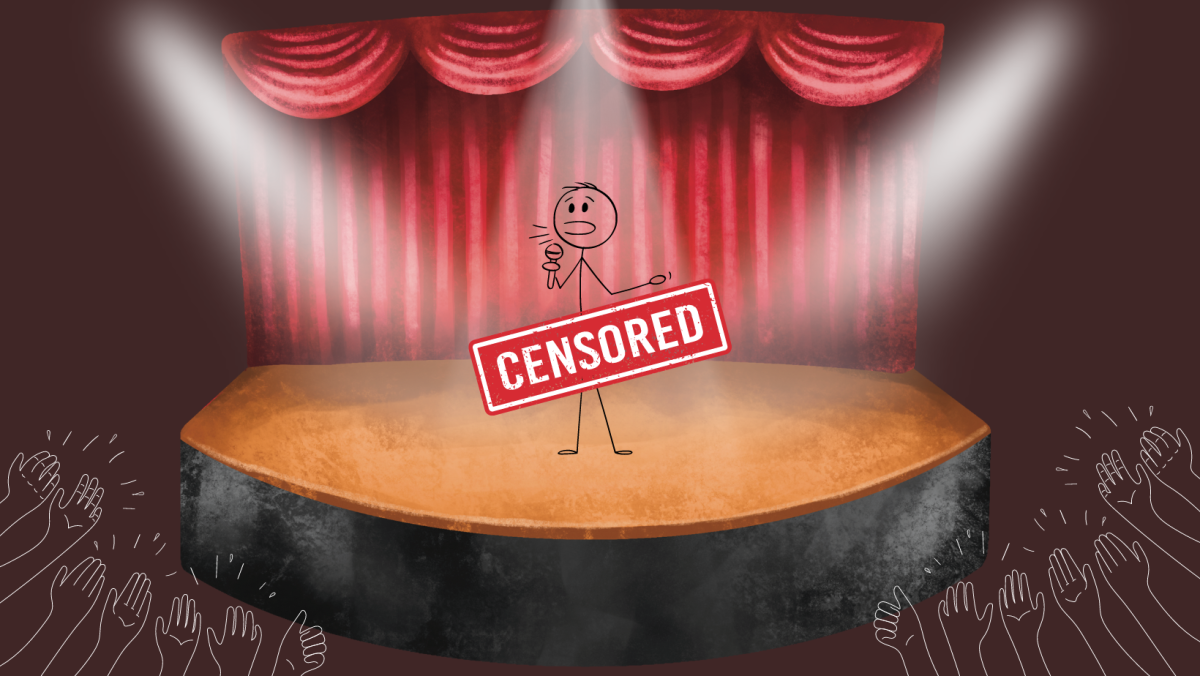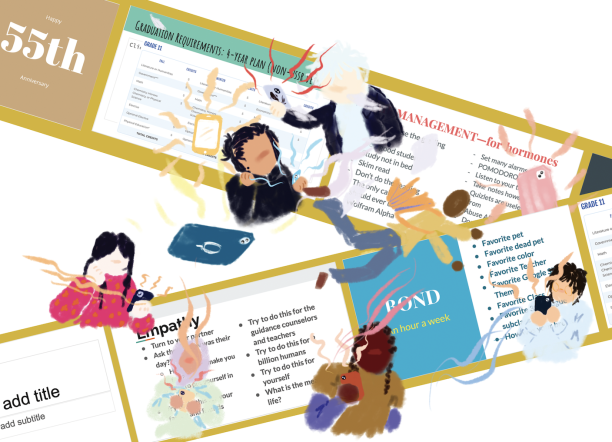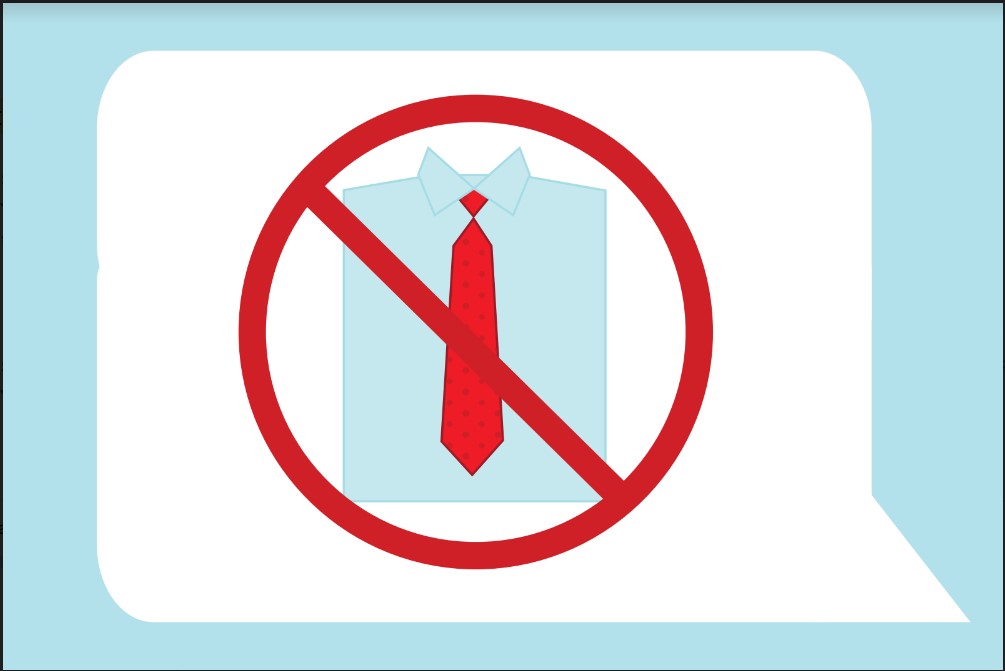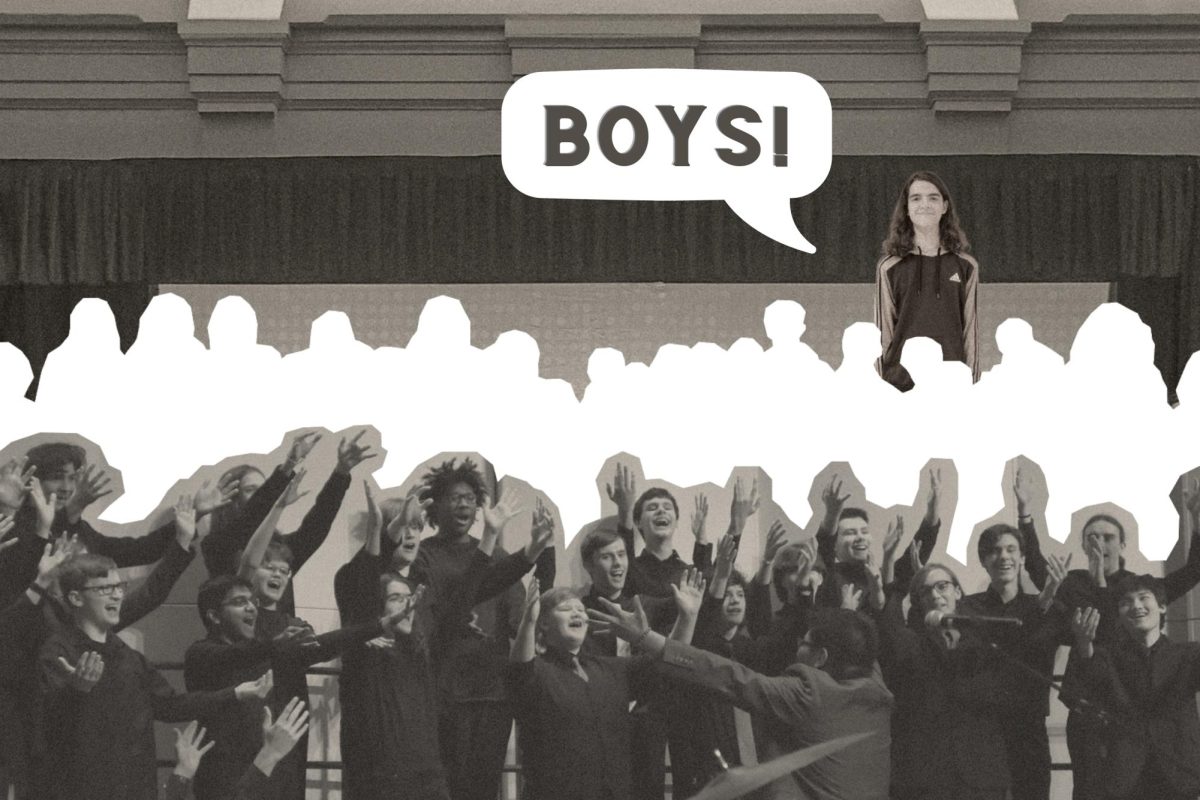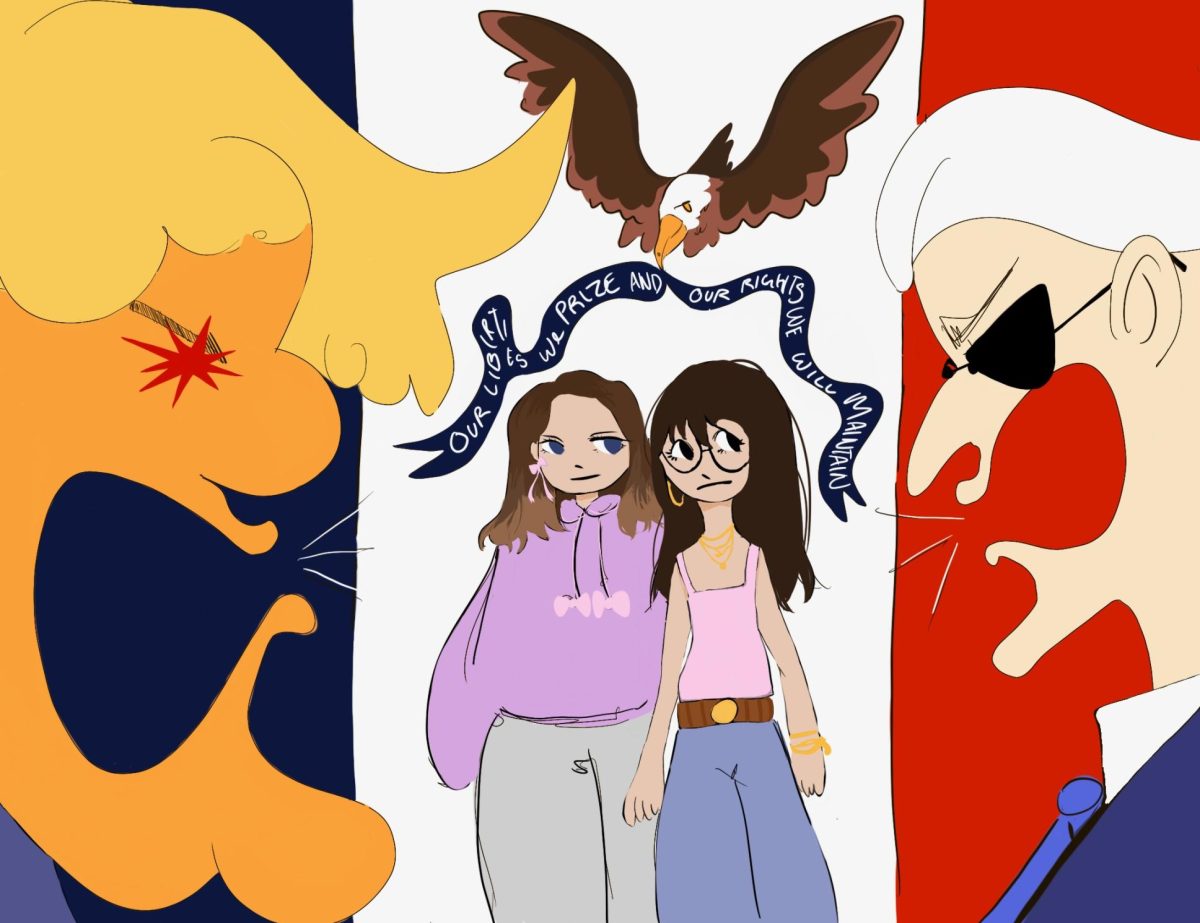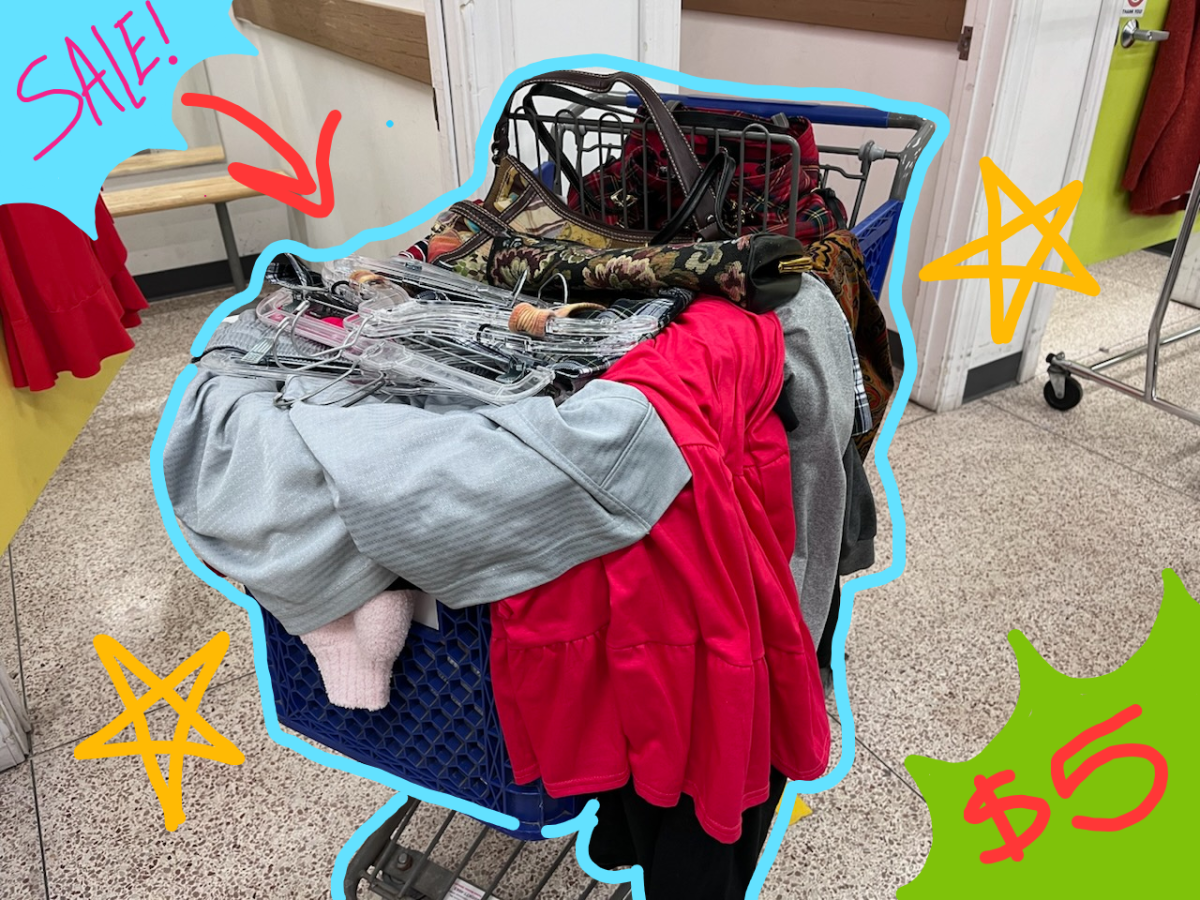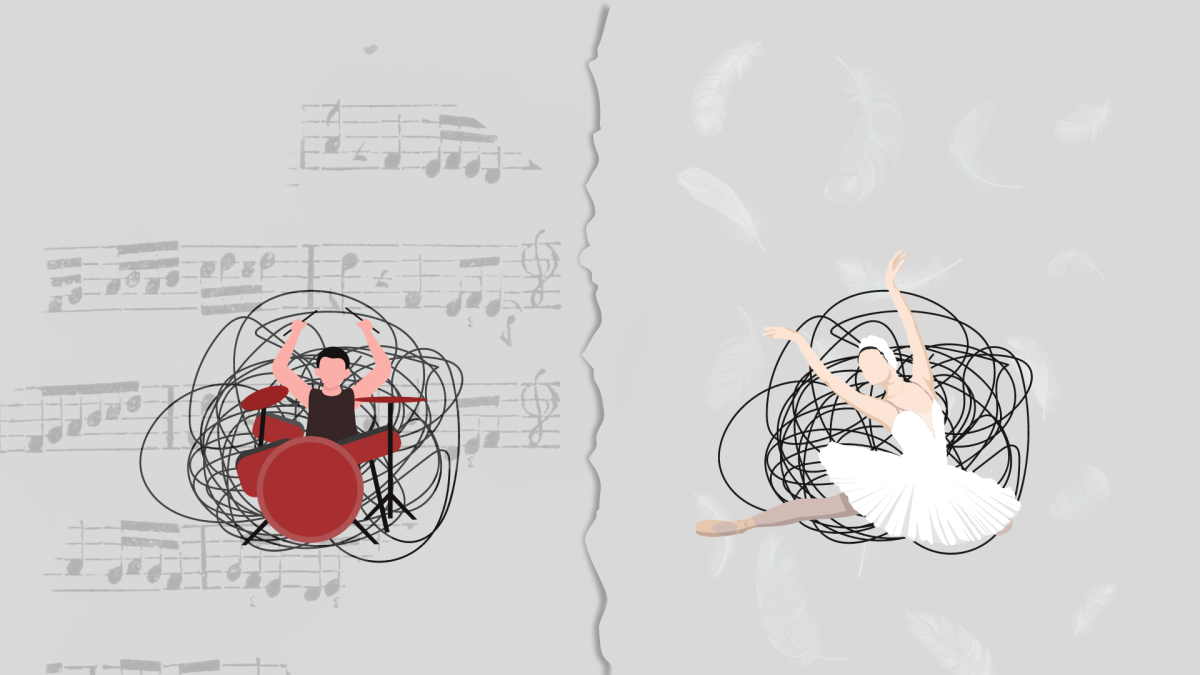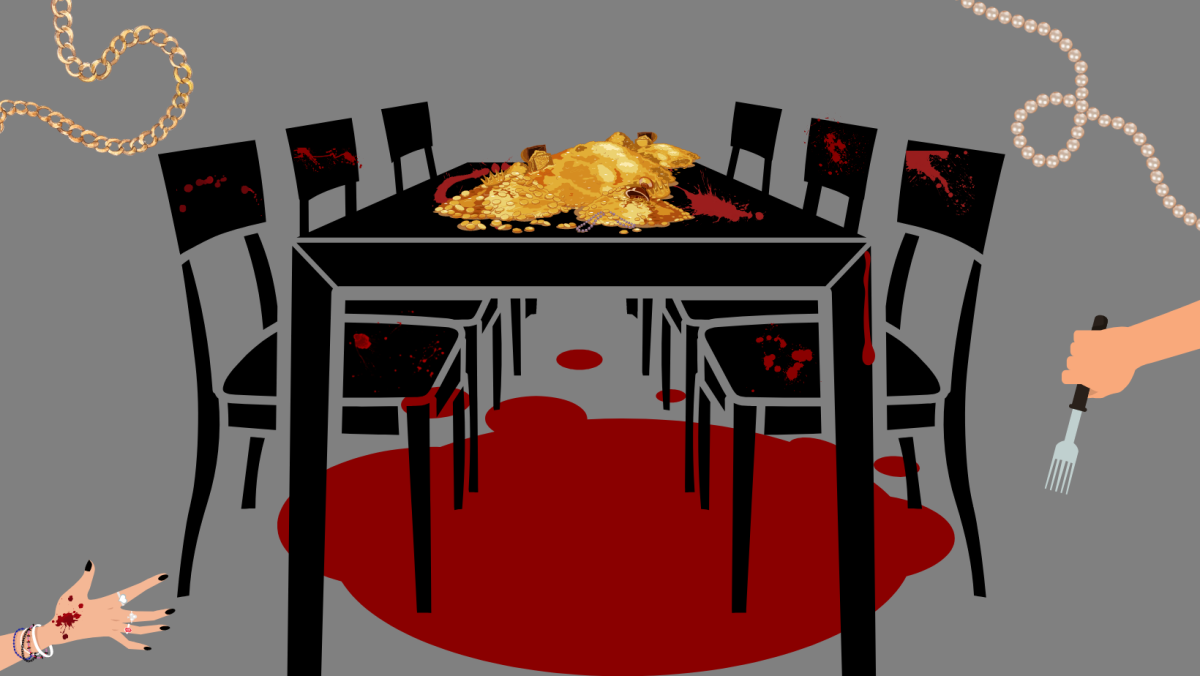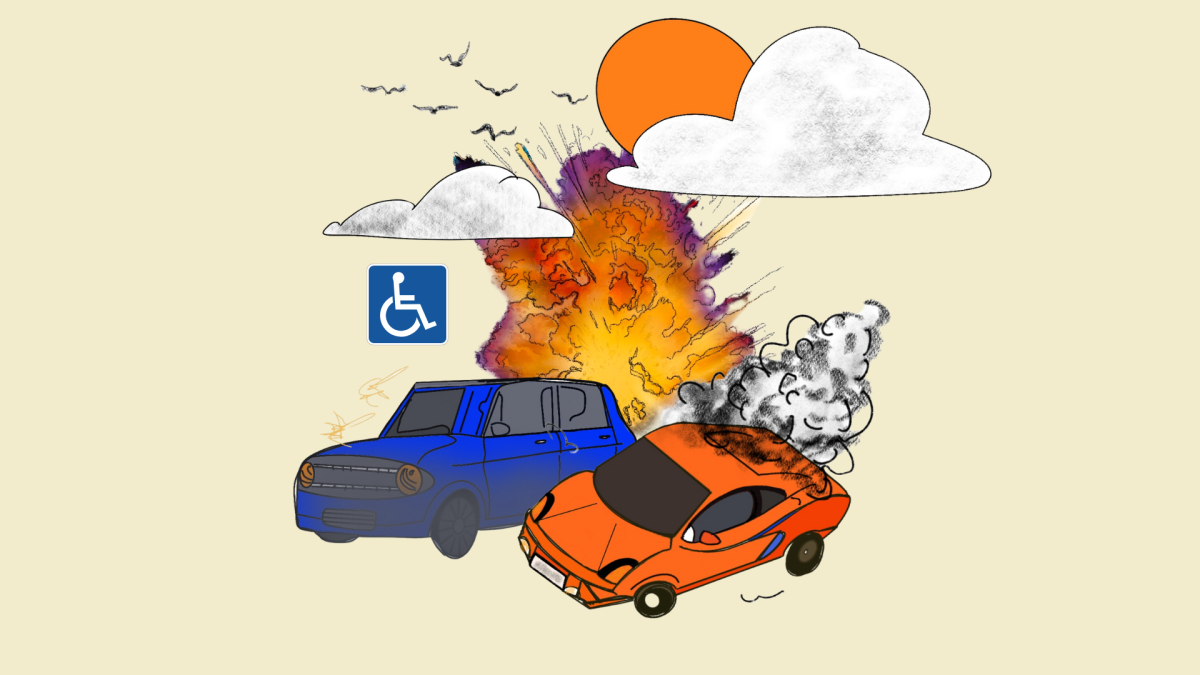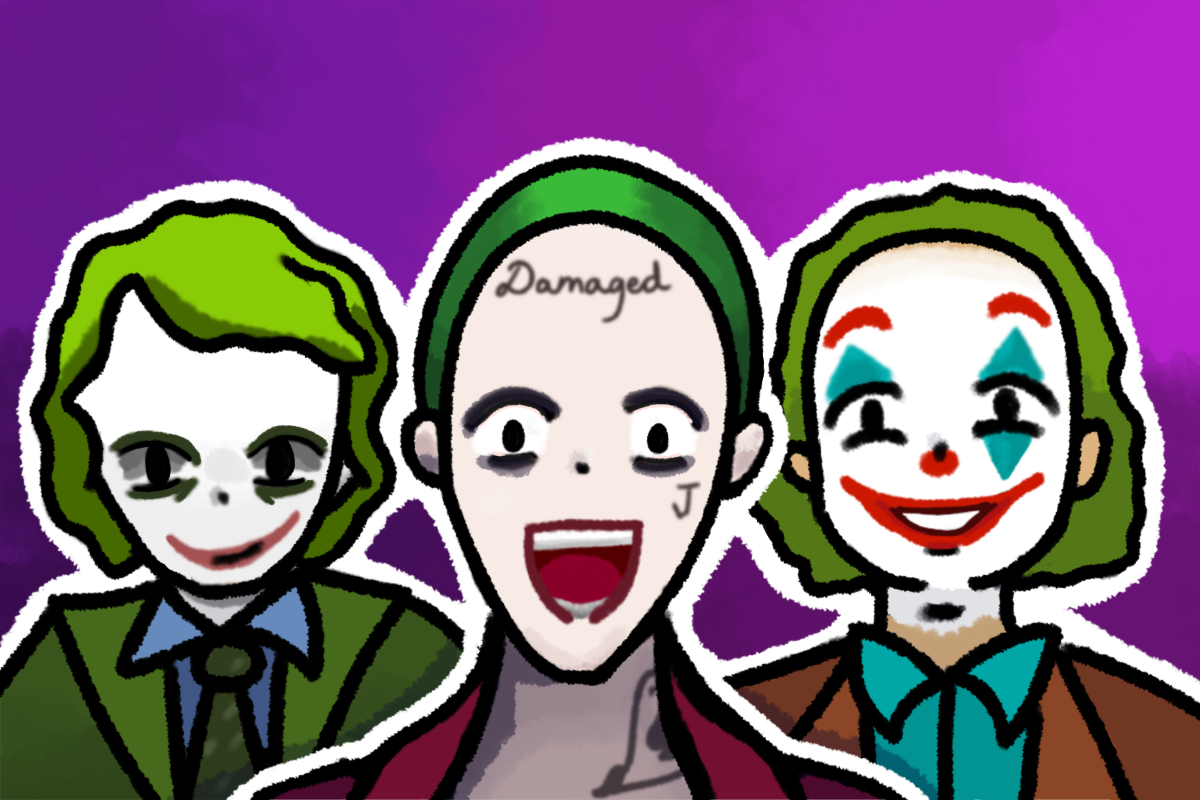I am 14 years old. I am from Honduras. In my family, there are 22 relatives from my father’s side and 16 of them are in the United States.
Back in Honduras, I always played soccer in a field with my friend. One day, some gang members told him that he needed to join the gang. Since he desired respect and money, he joined the gang.
The gang specifically deals with the selling and distribution of drugs, and if the boss tells someone to kill a person because they haven’t paid the quota, they have to do it because otherwise it will be bad for them. Since the gangs have people infiltrated in the police force, if you file a complaint they can beat you up or even kill you. The gangs have only one sentence for people who talk: “See, listen and shut up!” If you don’t follow their orders, they can kill you, fire at your house or get you evicted.
My parents both worked in a garment factory. My mother worked at night and my father worked during the day. We had a normal life. My brothers and I went to school. The one terrible thing in our perfect life was the gangs. I would say that it is very common to have a nice house in Honduras, but my parents worked hard to give us the opportunities we had, like being able to go to school. My family is like all other families; in my family we are very united and sometimes that is why we had enemies. The gang didn’t like the unity in my family.
My family is like all other families; in my family we are very united and sometimes that is why we had enemies.
— Caled Medina '27
My family and I emigrated to the U.S. because of threats against my father. As I said earlier, my parents worked a lot to have a nice and tidy house. The gang noticed how successful my parents were and they asked for quotas. If we paid them money, they said our house and family would be okay too, otherwise…
My parents picked Iowa because my uncle had been living here for 17 or 18 years and said there was a lot of work in Iowa. It took my parents two weeks to make the decision to leave Honduras.
My dad and my brother emigrated to the U.S. together with help from a smuggler. When they arrived here, they were still paying the quota to the gang. After a whole year had passed, my dad sent for my oldest brother. He was still paying the quotas to the gang in Honduras. For two years after he left his country, my dad was still paying the gang because my mom and I were still in the country, and the gang would have killed us if he didn’t pay. A year after my eldest brother reached the U.S., my dad decided to bring me and my mother so that we could be together and not have to pay any more money to the gang.
My brother had to travel first with my dad because my dad couldn’t run by himself. He had been in a bus accident and needed help moving fast. The smuggler made it very clear that my dad wouldn’t be able to run across the border without help.
The accident took place while my dad was riding in a bus going to work. There was a sugar cane transport truck that struck the bus, injuring many people, including my dad. My dad lost strength in his hands and feet. The smuggler told my dad that he would have a better chance of staying in the U.S. if he brought both himself and his middle son over to immigrate.
My mom and I were the last to emigrate. Those two years without my brothers and my dad were terrible. I was home alone at night because my mother worked, and I missed my brothers and father a lot. Sometimes I went to my neighbor. She was like my grandmother because she fed me and helped take care of me.
I came with my mother in March of 2021. I left Honduras on March 17 at 10 a.m. I traveled across the country with my mother for six to eight hours. I lived in Potrerillos Villanueva Cortes, Honduras and traveled to Omoa, Puerto Cortés. There, we rested a bit on the border of Honduras and Guatemala called Corinto, which is near a beach where many smugglers meet to prepare to cross the border. Then, we walked to cross the Guatemalan border, but we couldn’t cross because two immigration cars were coming. Some motorcycles came to pick us up to avoid the immigration cars. We moved quickly on the motorcycles. However, the motorcycle that was carrying me took the wrong way on the street and we ended up in an accident, all three of us: the driver, a woman and me.
Later, my mother went to where the Guatemalan police were located. She showed her identity papers and was able to cross normally, but I couldn’t go through the border because I was a minor. All the young people who were ready to cross had to drive around the border and then walk across.
The smuggler was told that border patrol was all over the place. His colleagues arrived with more motorcycles and we rode, three people on each motorcycle. I was with a young woman of approximately 16 to 18 years and the driver of the motorcycle. The driver was told to go through a cemetery where we would cross the border. But he hardly knew the way to get there and in his confusion, he did not notice that we were on the opposite side of the road. Another motorcycle carrying people like me from the same group of smugglers came toward us. The driver did everything possible to stop so we wouldn’t crash. But God knows why he always crashes! The other driver’s motorcycle was on my left leg. It scraped the entire part between my knee and ankle.
But God knows why he always crashes! The other driver’s motorcycle was on my left leg. It scraped the entire part between my knee and ankle.
— Caled Medina '27
Then, another smuggler from the same group put me in a truck, gave me a painkiller and had other people help me cross the border on foot. I couldn’t walk at all, so they took me on their backs. They took me to my mother who didn’t know that I had had an accident. At some point, I became unconscious from the pain. My mom told me that we traveled all night.
After we crossed the river, we got in a taxi. The taxi took us to a smuggler rendezvous point in a forest. The car brought us to a house in Villahermosa that was crammed with other migrants.
I recovered enough to walk, and after 15 days, we were able to leave Villahermosa to go to Reynosa, the border of Mexico with the U.S. The smugglers moved us in some vans that were painted to look like delivery vans for food or bread, like La Bimbo. My mom and I traveled in that van for six to eight hours a day for three days to get to Reynosa, where we then spent three to four days in Reynosa in a house belonging to human traffickers. Finally, at night, they helped me cross the Rio Grande that divides Mexico and the U.S.
By the time I reached the U.S., I had already recovered from my leg injury. Later I had to walk one to two hours to get to where immigration was. They asked me many questions, for example: “Where did my father live? Why had he emigrated to the United States?” Then they took my information and they took me to the immigration facilities and gave me food, etc. They also allowed me to call my dad. I was in the immigration facilities for one day and it was very cold inside. I had no sweater and they didn’t give us clothes. We got some aluminum foil blankets, a mat to sleep on and some burritos to eat.
While I was at immigration they took us out to exercise for one hour. When night came, an immigration agent told me that I was going to a house called Casa Nueva Esperanza — Southwest Key Programs. When I arrived at the home, they gave me many things like clothes, a toothbrush and everything else I needed. At that time, the coronavirus was everywhere. I tested positive for Covid when I was 13.
At Casa Nueva Esperanza, I felt great relief because I could sleep well and eat well, but I was also worried about my mom because I didn’t know where she was. I was able to talk to my dad only twice but we couldn’t talk about my mom on the phone because immigration could trace the call. Some time later my dad told me that my mom was already in the U.S.
At the immigration station the border patrol called my dad and they asked him about my personal information. I was sleeping when the border patrol officer woke me up to talk to my dad. My dad asked me if I was healthy and safe. He was very emotional. He said “Gracias a dios tú cruzaste con bien y todo salió bien contigo,” or “Thank god you crossed the border safely and everything went well with you.”
After I finished talking with my father, they put me in a waiting room for a bus to take me to the group home.
When I was at Casa Nueva Esperanza on Sundays we could watch movies all day. From Monday to Saturday, I stayed in the room coloring some papers; we had to get up early and go to bed early. After the 15 days of quarantine were over, they took me to another place where there were more children. From Monday to Friday they took us to school, and on Saturdays and Sundays they took us to learn how to make hats for the cold weather. On May 5 for Cinco de Mayo, the staff of the home gave us sweets, Mexican food and many other things.
After I had finished my time there, they called my dad so that he would pay for the plane tickets. The day I had to leave for the airport I had to get up at 3 a.m. to fix my suitcase, shower, have breakfast and go to the airport in Brownsville, Texas. From there I traveled to Houston and then to Cedar Rapids, Iowa. I traveled with an official escort whose ticket was also paid for by my dad.
When I got to the Cedar Rapids airport, my dad was waiting for me, and I hugged him as hard as I could because I hadn’t seen him and my brothers for two years. He had to sign some papers for immigration before we left for our new house.
The next day, my dad took me to Hills Elementary School! We only had three to four weeks of school left. After a month of me being in Iowa, my mom was on her way to Iowa City. Now, we are a united and strong family.
This is my story of how my family and I got to Iowa. Thank God I am in the U.S. fulfilling my dreams of studying and achieving my goals. One day, I hope to return to Honduras to see the rest of my family and childhood friends.

